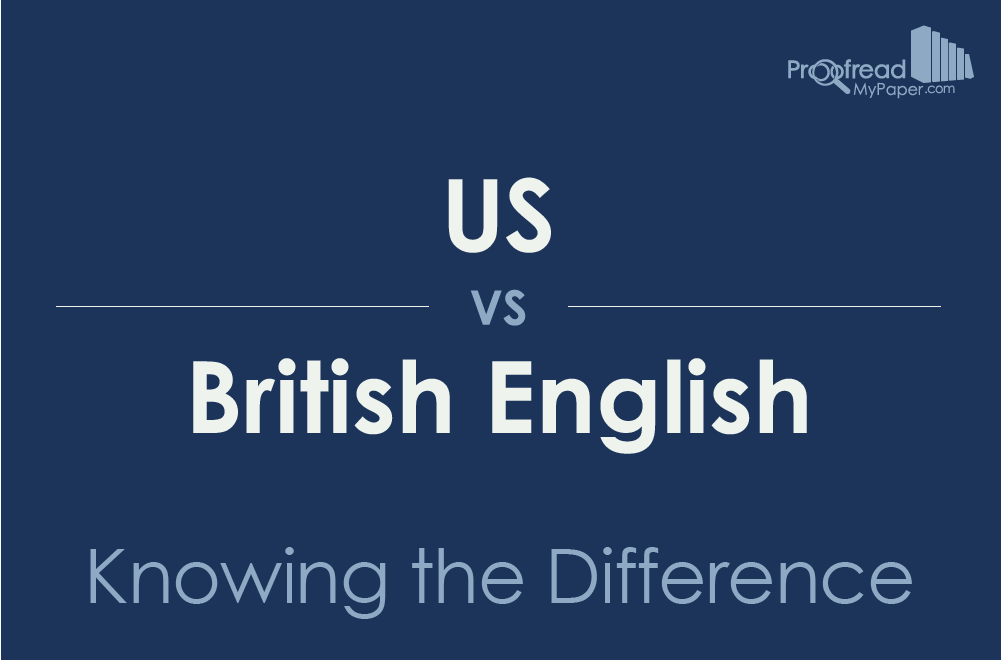Those crazy Brits with their Royal Families and metric systems (among other weird things). What’ll they think of next? We’re guessing more linguistic tricks, as they’ve already got plenty of strange spellings going on.
It’s therefore important to know the differences between US and British English, especially since British spellings are confusing sometimes. I mean, come on Britain, who spells “center” with “re” at the end? Just because you invented English doesn’t mean you’re right.
Herein, we run through some of the differences between US and British English, which should help you when reading texts published in the UK or writing for a British audience.
Spelling Differences
Rather than focus on individual words, it’s easier to learn the systematic differences between US and UK spelling:
- -er/-re
English is full of words borrowed from other languages, and British spelling tends to keep the original forms. This includes in words that end -er/-re, such as “center” (UK = “centre”) and “fiber” (UK = “fibre”).
- -or/-our
Another word ending to look out for is -or/-our, since British spelling adds a “u” to words like “humor” (UK = “humour”) and “color” (UK = “colour”).
- -ize/-ise
Words that end “-ize” in US English – like “characterize” or “organize” – can also be spelt with “-ise” in British English (e.g., “characterise” and “organise”). The same applies to variations of these words where “-z-” appears in the middle (e.g., “organization” can also be spelt “organisation” in the UK).
Weirdly, although British English accepts either “-ize” or “-ise,” this isn’t the case when a word is spelt with a “-yze.” As such, words like “analyze” are always spelt with an “s” (i.e., “analyse”) in the UK.
Find this useful?
Subscribe to our newsletter and get writing tips from our editors straight to your inbox.
- Vowel + L
Words that end in a vowel plus an “-l,” like “travel” or “shovel,” use a double “l” in British English when adding a suffix beginning with a vowel (e.g., “-ing,” “-ed,” “-er”).
For example, in the UK, “traveling,” “traveled” and “traveler” become “travelling,” “travelled” and “traveller” respectively.
- -s-/-c-
Some words that contain an “s” in US English are spelt with a soft “c” in British English, particularly when the word ends “-ense.” “Offense” and “defense,” for instance, are spelt “offence” and “defence” in the UK.
Confusingly, the British also have two spellings for “practice.” This depends on whether it’s used as a noun (“practice”) or a verb (“practise”), so it pays to be careful with these words.
Vocabulary
As well as spelling, there are many differences in vocabulary between US and British English. In the USA, for example, we walk along the sidewalk, eating a cookie on the way to the movies. But in Britain they walk along the pavement, eating a biscuit on the way to the cinema.
We won’t list all the differences here, but it’s worth keeping vocabulary in mind if you’re writing for a British audience.
